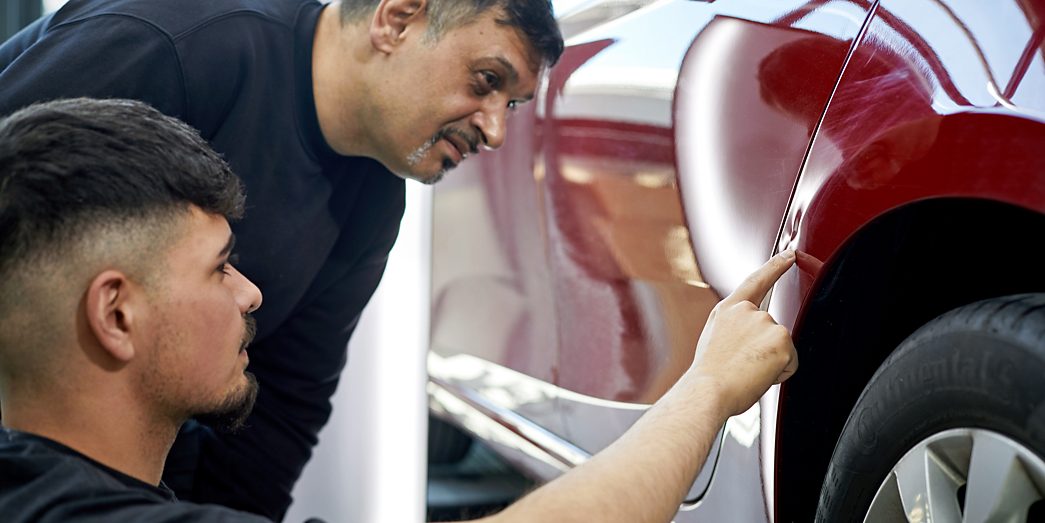Easter sweepstake 🎁🐰🐣
Spin the wheel of fortune now and win great prizes.
Participate now
-
-
Find a vehicle
-
Find a vehicle
-
-
Cars at AMAG dealerships
-
Cars at AMAG dealerships
-
Our vehicle ranges
-
Warehouse vehicles
-
Demonstration vehicles
-
-
E-mobility
-
E-mobility is the mobility of the future with environmentally friendly technology. Buy your electric car online at your AMAG. Discover the models now.
-
ID.Buzz: Der «Bulli» hat jetzt einen Elektromotor
-
What to bear in mind when buying a used electric car
-
AMAG's fast-charging network is growing: high-performance charging stations for electric cars
-
Clyde
-
AMAG Leasing
-
Configure new vehicles
-
Fleet
-
Financing solutions
-
AMAG buys your car
-
-
Body type
-
Body type
-
SUV
-
Estate
-
Limousine
-
Convertible
-
Coupé
-
MPV
-
-
Camper
-
Whether VW California 6.1, Grand California or Caddy California: Buy your camper model now directly online from AMAG.
-
Rent a camper van from AMAG
-
-
California - Accessories
-
Make the most of the camping season with our accessories. Your source for original accessories for the VW California.
-
California - Rear extension
-
California - Weih-tec bicycle carrier
-
California - Thule bicycle carrier
-
California - Table enlargement
-
California - Mattress
-
California - Roof shelf
-
California - SideBoxx
-
California - Beer Box
-
California - Mosquito nets
-
VW California - Window bag
-
Envia
-
Bus
-
Pickup
-
Business
-
-
-
Services
-
Services
-
-
Overview Top Services
-
Overview Top Services
-
Car service
-
AMAG App
-
AMAG charging card
-
Battery
-
Brakes
-
Electric charging station
-
Accessories
-
High-performance tuning ABT Sportsline | AMAG
-
-
Brand insurance
-
With our insurance offer, your car gets the protection it deserves. Learn more about car insurance for Audi, VW, SEAT, CUPRA, Skoda, VW Commercial Vehicles.
-
Audi car insurance
-
VW car insurance
-
SEAT car insurance
-
Škoda car insurance
-
VW Commercial Vehicles car insurance
-
Audi used car insurance
-
VW used car insurance
-
SEAT/CUPRA used car insurance
-
Škoda used car insurance
-
VW Commercial Vehicles used car insurance
-
AMAG Carwash
-
Current offer for you
-
Find garage
-
Jobs
Please choose your garage
Easter sweepstake 🎁🐰🐣
Spin the wheel of fortune now and win great prizes.
Participate now
-- was saved as your garage.










